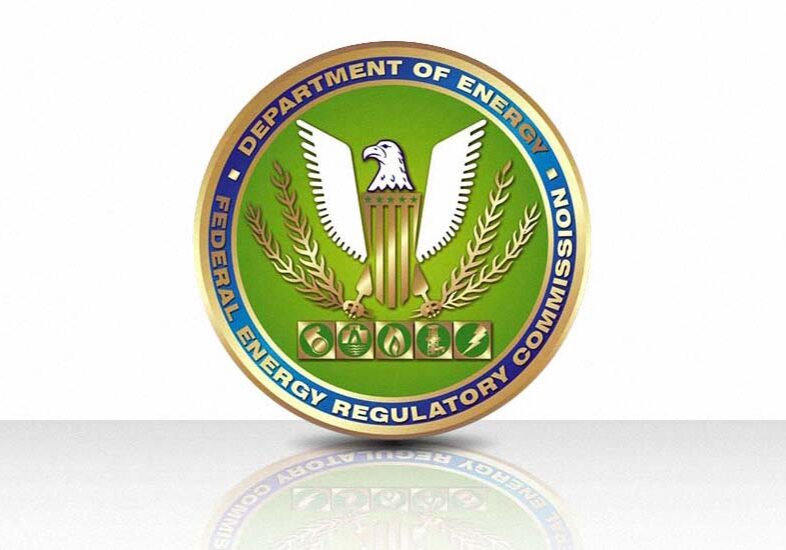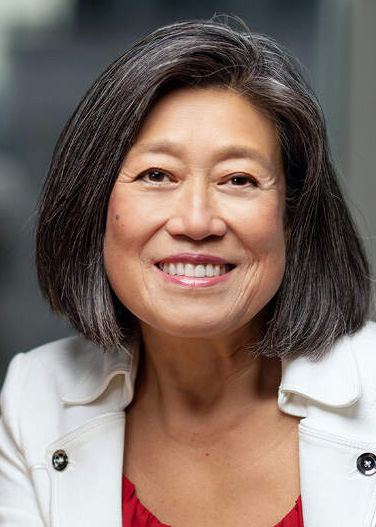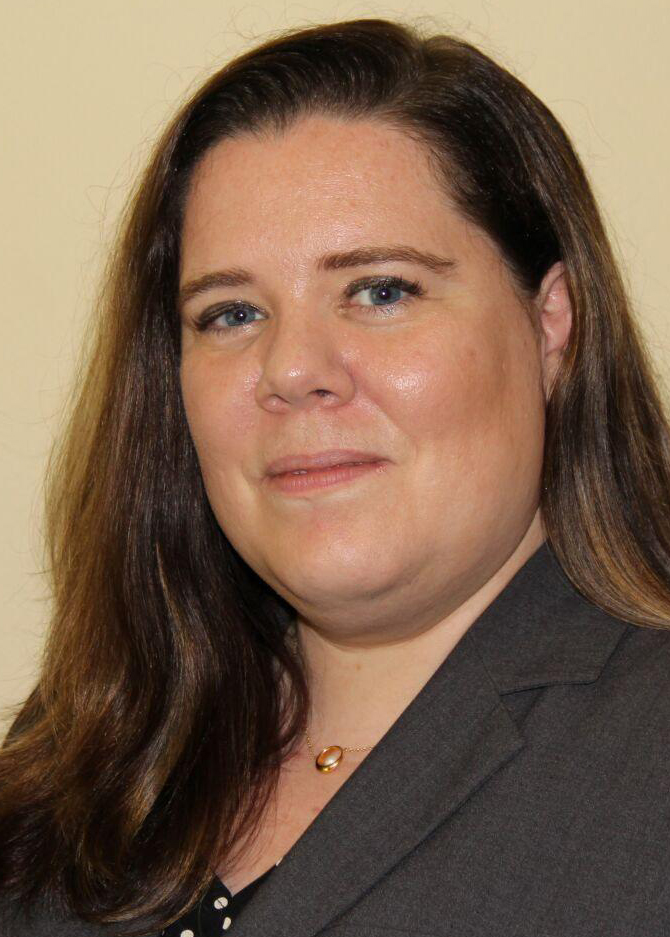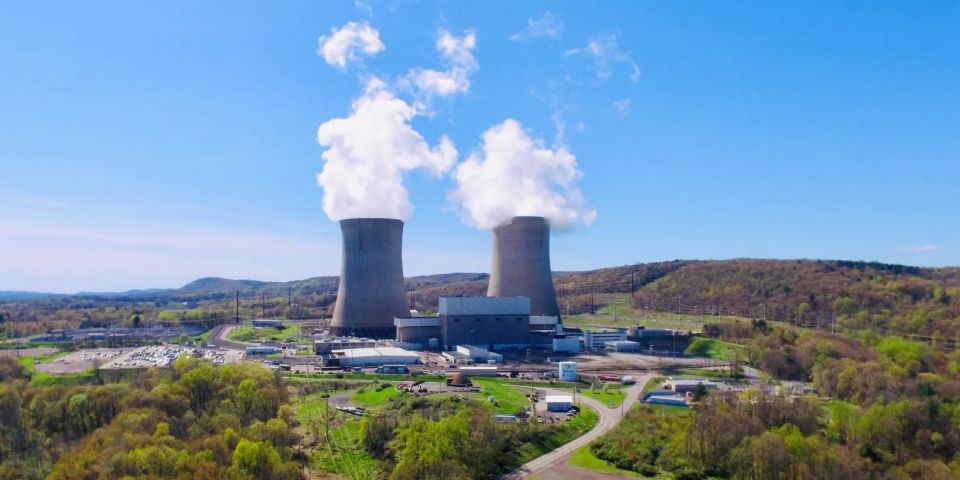Senate confirms 3 FERC appointees

The U.S. Senate voted last week to put three new members on the Federal Energy Regulatory Commission, a bipartisan energy oversight board.
The chamber confirmed the nominations of Republican Lindsay See and Democrats David Rosner and Judy Chang. The votes on the nominations were 86–9, 68–26 and 63–33, respectively.
FERC regulates interstate energy projects including pipelines and electric power lines. The new members come at a time when the five-member commission was on the verge of losing a quorum, “which would create a backlog and slow down new projects that power our homes and communities,” said Senate majority leader Chuck Shumer (D., N.Y.).
“This little-known but vital agency is keeping our critical infrastructure running while expanding access to clean and affordable energy,” he added.

Chang

Rosner

See
The new members: See is solicitor general for West Virginia whose work covers civil and criminal appellate dockets and regulatory and administrative matters. She argued a 2022 Supreme Court case that curbed the Environmental Protection Agency’s power to regulate climate change. Her term runs until June 30, 2028.
Rosner was an energy industry analyst for FERC. He previously served as senior policy advisor at the U.S. Department of Energy’s Office of Energy Policy and Systems Analysis. Most recently he worked for the Senate Energy and Natural Resources Committee’s democratic staff. His term runs until June 30, 2027.
Chang served as undersecretary of energy and climate solutions for the state of Massachusetts. She had also served as an adjunct lecturer in public policy at the Harvard Kennedy school and is a senior fellow at the university’s center for business and government. Her term runs until June 30, 2029.
They join chair Willie Phillips, a Democrat, and commissioner Mark Christie, a Republican. Commissioner Allison Clements, a Democrat, announced earlier this year she would not seek a second term. By law, FERC has five members, with no more than three from the same political party. They are appointed by the president with the “advice and consent of the Senate” and serve five-year staggered terms.
Quotable: “The commission works best when it has five members, so I look forward to welcoming them to the commission so we can work collaboratively to ensure reliable, affordable and sustainable energy for all consumers,” Phillips said in a statement.
What’s next? FERC approved energy policy in May that requires states and utilities to implement long-term regional planning to help the United States meet rising energy demands while also transitioning to a zero-carbon grid. The new commission members will help determine how this policy is enforced, especially as some states and companies are contesting the rule out of the gate.
The new rule requires transmission owners to conduct 20-year plans assessing regional electric transmission needs and revisit those plans every five years. The push comes as part of the Biden administration’s goal of reaching a carbon-free power sector by 2035 to fight climate change.
To meet that target, a DOE study says the country needs to more than double regional transmission capacity and expand interregional transmission capacity more than fivefold.










